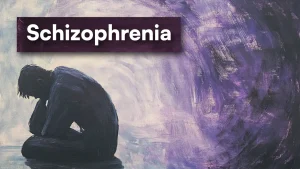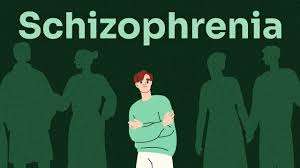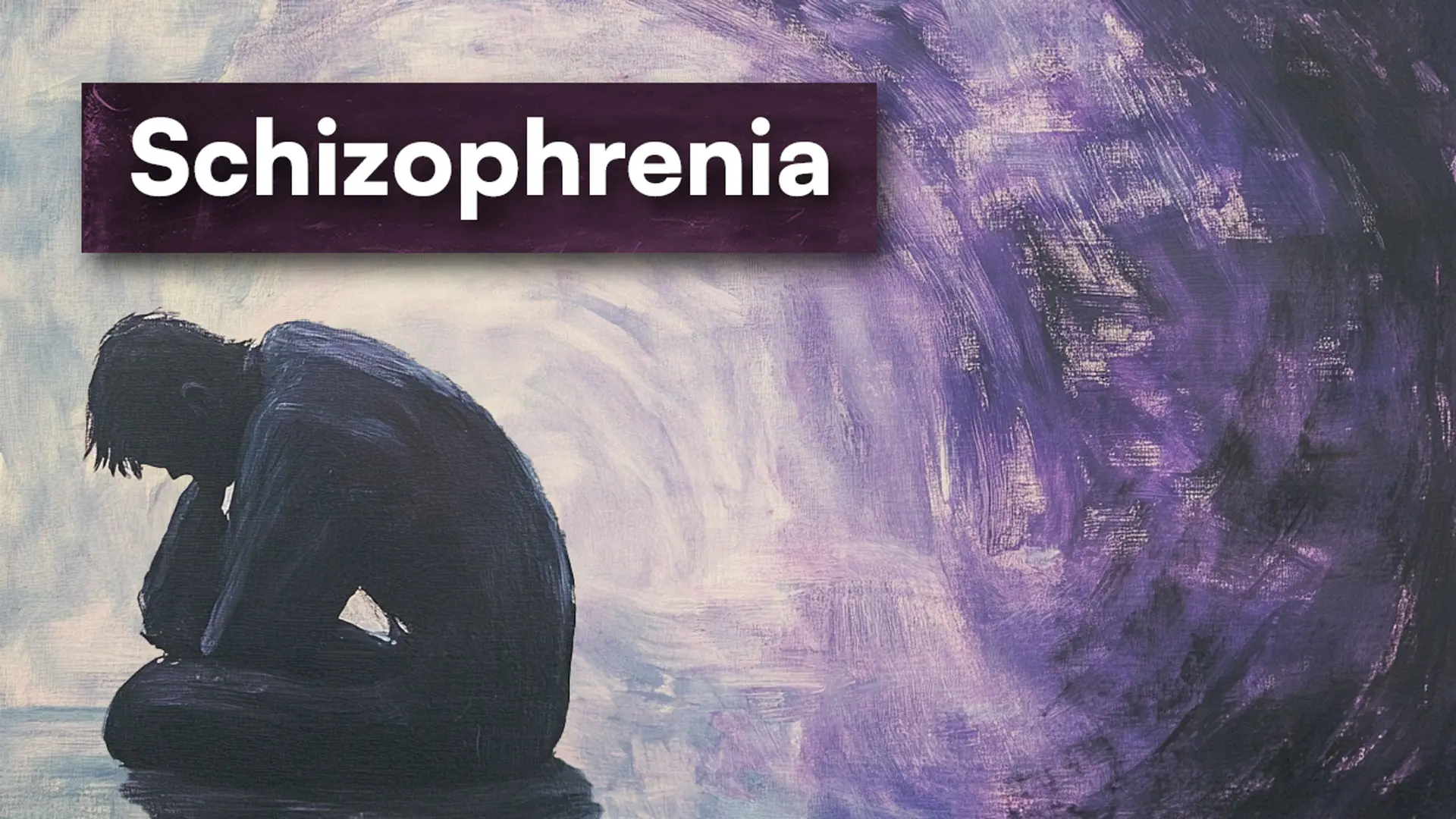Schizophrenia is a complex and lifelong mental health condition that affects how a person thinks, feels, and behaves. This summary of schizophrenia aims to provide clear, trusted, and accurate information to help people understand the condition better. By breaking the stigma and promoting awareness, we can support those living with this serious disorder.

Let’s dive into five key facts that offer a complete summary of schizophrenia.
If you need professional support, consulting the best psychiatrist in Delhi can provide valuable insights and personalized strategies for Schizophrenia. Consider Visiting:
1. What is Schizophrenia? A Basic Summary
At its core, schizophrenia is a chronic brain disorder that can cause people to interpret reality in abnormal ways. This summary of schizophrenia would be incomplete without mentioning its core symptoms: hallucinations, delusions, disorganized thinking, and impaired functioning.
According to the National Institute of Mental Health (NIMH), schizophrenia often begins in late adolescence or early adulthood and affects men and women equally, though onset may differ.
Symptoms are generally grouped into:
-
Positive symptoms: Such as hallucinations and delusions
-
Negative symptoms: Such as emotional flatness and social withdrawal
-
Cognitive symptoms: Like difficulty focusing and poor memory
2. Causes and Risk Factors: A Scientific Summary of Schizophrenia
In summarizing schizophrenia causes, it’s important to note that no single factor triggers the condition. Instead, it results from a combination of genetic, environmental, and brain chemistry factors. People with a family history of schizophrenia have a higher risk, but environmental stressors and complications during birth can also play a role.
According to the Centers for Disease Control and Prevention (CDC), early detection is key in managing symptoms and improving outcomes.
Risk factors include:
3. Diagnosis: How is Schizophrenia Identified?
A correct summary of schizophrenia must highlight how it is diagnosed. There are no blood tests or brain scans that can definitively detect schizophrenia. Instead, doctors rely on detailed medical histories, psychological evaluations, and physical exams.
Key diagnostic criteria:
-
Symptoms lasting for six months or more
-
Presence of at least two core symptoms (e.g., hallucinations, delusions)
-
Social, academic, or occupational dysfunction
The World Health Organization (WHO) emphasizes early diagnosis to reduce the burden of the illness.
4. Treatment Options: A Supportive Summary of Schizophrenia Care
Although schizophrenia is a lifelong disorder, treatment makes a big difference. A strong summary of schizophrenia treatments would include therapy, community support, and lifestyle adjustments. Medication is commonly used, but here, we’ll focus on the non-medicine aspects.

Effective treatments include:
-
Psychotherapy: Such as cognitive behavioral therapy (CBT)
-
Social skills training: To help manage daily life
-
Supported employment and education: For reintegration into society
Government agencies like SAMHSA offer comprehensive programs and resources for schizophrenia care.
5. Living with Schizophrenia: A Recovery-Focused Summary
A hopeful summary of schizophrenia should highlight that recovery is possible. With early treatment, continuous care, and a supportive environment, many individuals manage their symptoms and lead meaningful lives.
Families and communities play a huge role in recovery. Education about schizophrenia helps reduce stigma and empowers loved ones to offer effective support. Government programs and NGOs provide counseling, helplines, and rehabilitation services to assist those affected.
If you or someone you know is struggling, reaching out to a mental health professional is the first step toward better management and recovery.

Final Summary of Schizophrenia
Understanding schizophrenia through facts, not myths, is crucial. This summary of schizophrenia offers insights into symptoms, causes, diagnosis, treatment, and living with the disorder. With the right care, individuals can overcome challenges and live fulfilling lives.
For more trusted information, visit:

